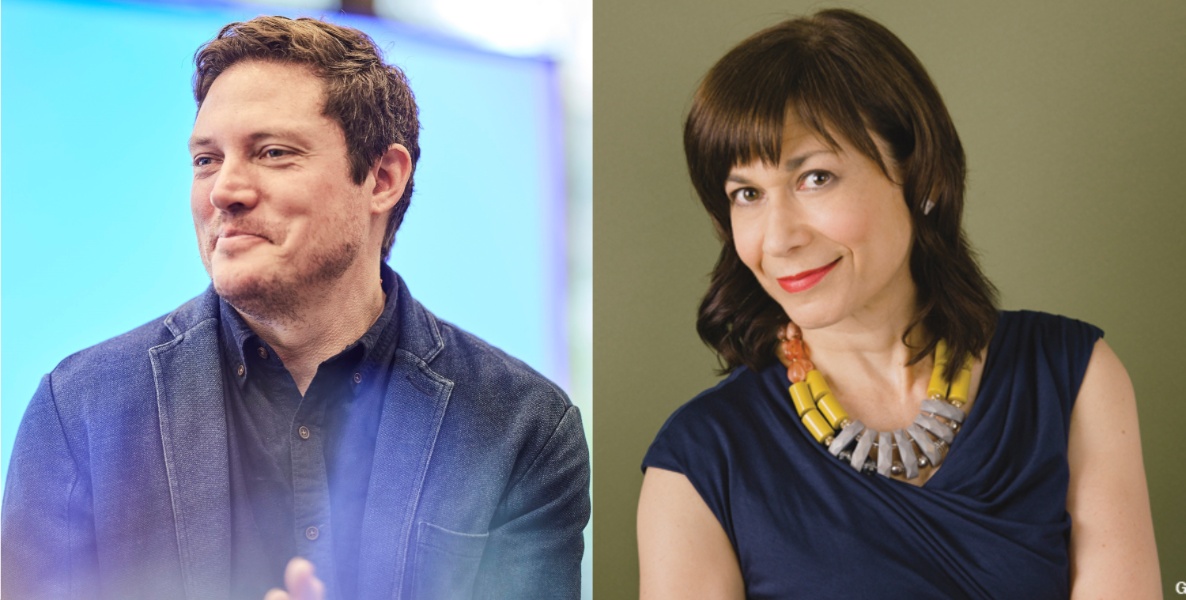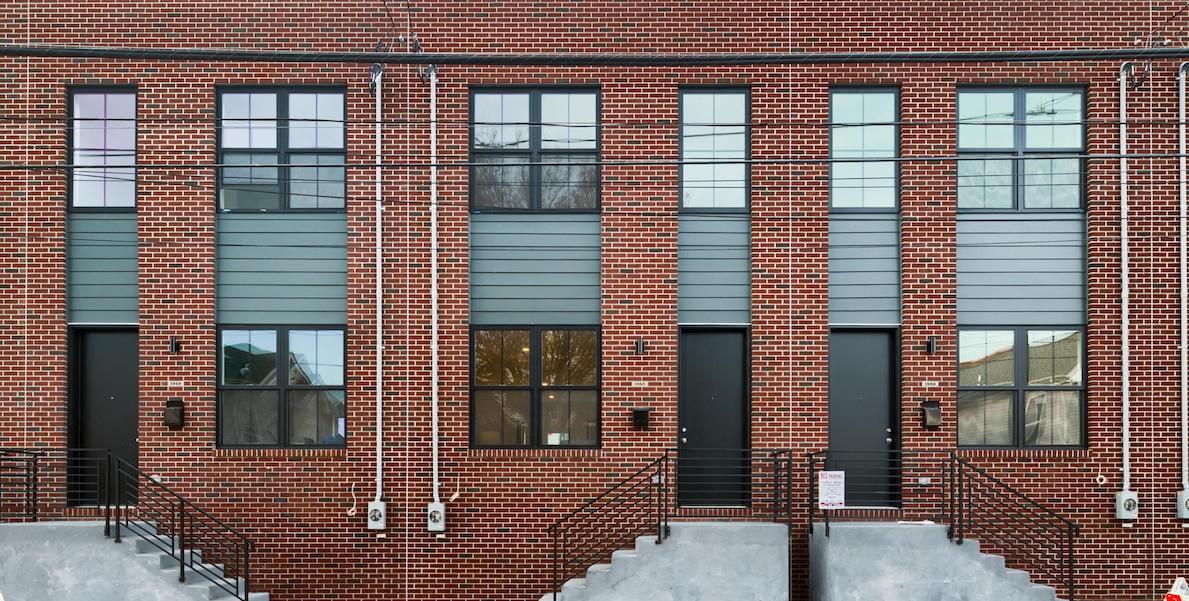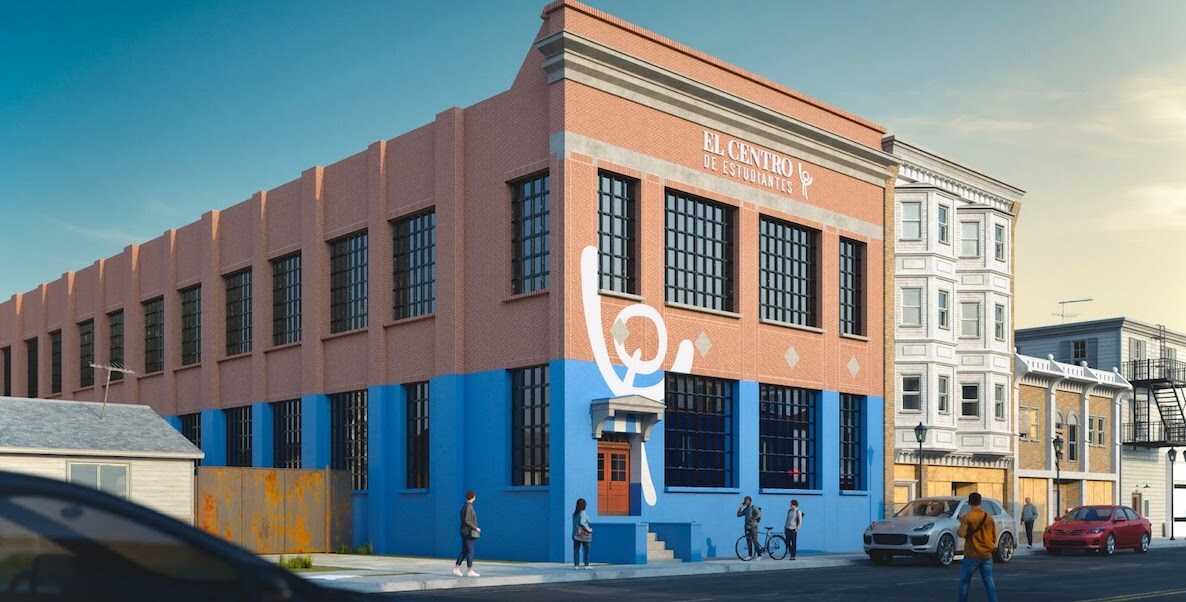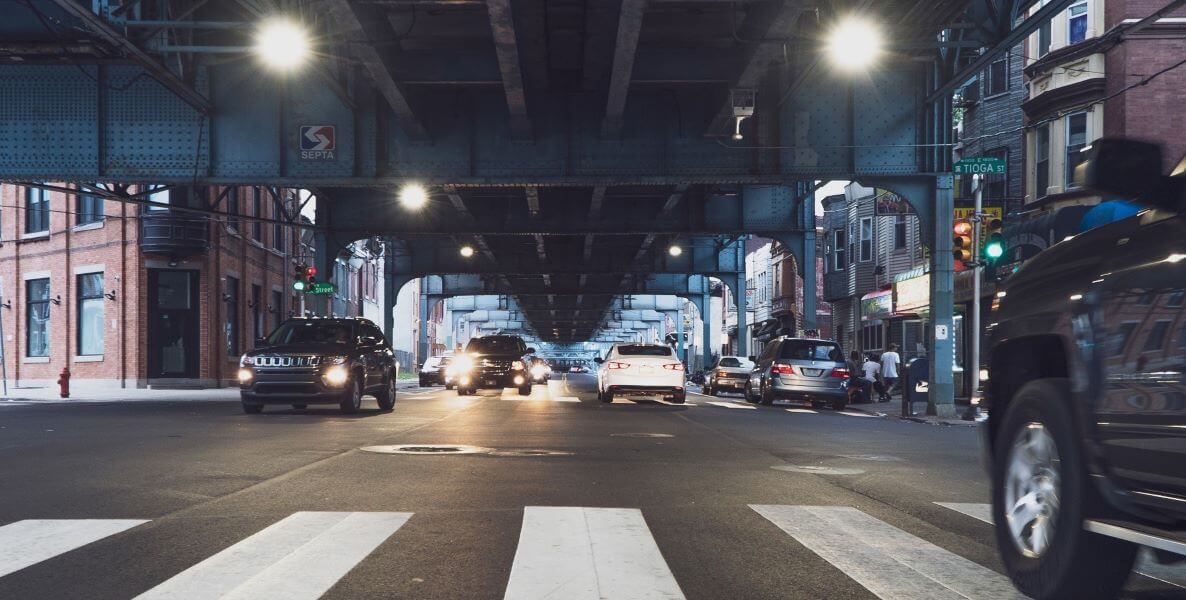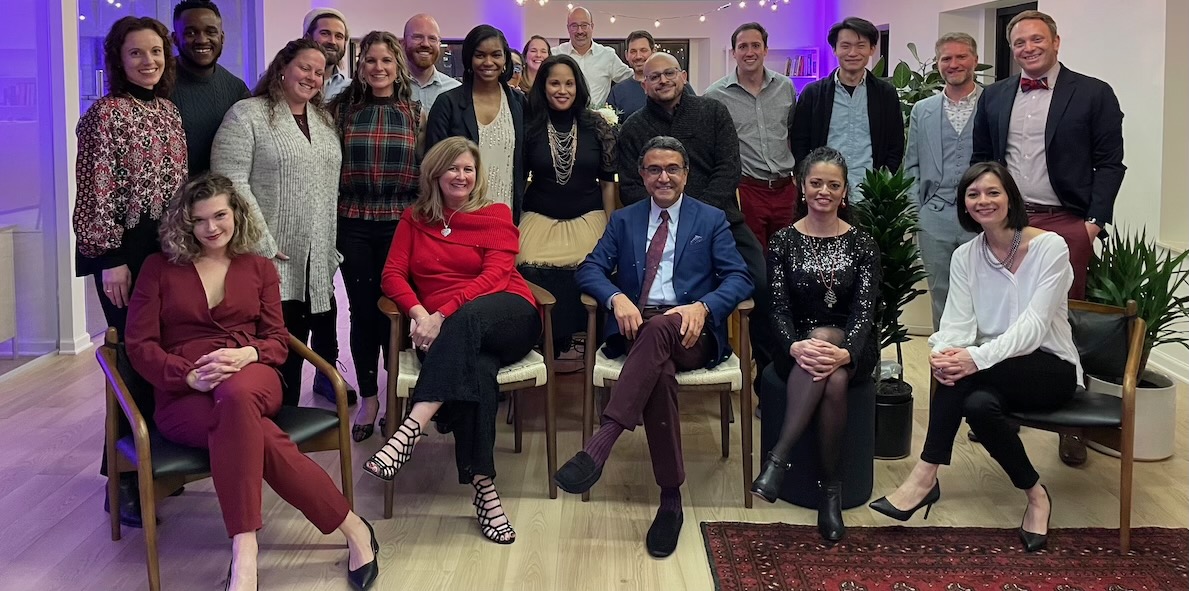About 15 years ago, the architect Michael Murphy found himself in Rwanda at the behest of the late public health humanitarian Dr. Paul Farmer, who had inspired Murphy with a series of pointed questions during a lecture at Harvard the previous year.
As Murphy recounted in a popular 2016 Ted Talk, Farmer noted that hospital buildings in Rwanda, Haiti and other developing countries were actually making patients sicker with their poor ventilation, mechanical problems and crumbling facades. Then he asked: “Where are the architects? If hospitals are making people sicker, where are the architects and designers to help us build and design hospitals that allow us to heal?”
Those words inspired Murphy and his fellow Harvard architecture classmate Alan Ricks to design, with Farmer’s Partners in Health, a new hospital in Kigali, Rwanda, that brought light, air and ventilation into every corner; that used local materials, and trained local Rwandans — half of whom were women — to construct the facility and build the furniture; that proved, as Murphy says, that architecture can be “an opportunity to invest in the dignity of the places where you serve.”
That first project inspired Murphy and Ricks to form the Boston- and Kigali-based nonprofit MASS (Model of Architecture Serving Society) Design Group — mantra: “Justice is Beauty” — that for the last 15 years has applied the principles learned in Rwanda to hospitals, universities, factories and memorials all over the world.
In 2015, Murphy began work with Equal Justice Initiative Executive Director Bryan Stevenson on what would become the National Memorial For Peace and Justice, which opened in 2018 on a hilltop overlooking Montgomery, Alabama. As in Rwanda, the team strove to make not just the building itself, but the process of creating it an act of healing. Here’s how Murphy describes the columns used to represent an African Amercan’s lynching in the memorial:
When we think about how it should be built, we were reminded of Ubudehe, the building process we learned about in Rwanda. We wondered if we could fill those very columns with the soil from the sites of where these killings occurred. Bryan and his team have begun collecting that soil and preserving it in individual jars with family members, community leaders and descendants. The act of collecting soil itself has led to a type of spiritual healing. It’s an act of restorative justice.
Healing. Justice. Dignity. These are not words that commonly describe architecture and development in Philadelphia — a city much in need of healing, justice and dignity — or anywhere, really. But as Murphy has proven, they can — and perhaps they should.
“Buildings are not simply expressive sculptures,” Murphy says. “They make visible our personal and our collective aspirations as a society. Great architecture can give us hope. Great architecture can heal.”
Murphy will explore this idea of architecture being “a transformative engine for change” at the next in The Citizen’s “Development … for Good” series, on December 14, at Fitler Club. He will talk with The Inquirer’s Pulitzer Prize-winning architecture critic Inga Saffron, who herself often writes about the ways in which design and building can create and revive vibrant communities.
The event, in partnership with Drexel University’s Lindy Center for Urban Innovation and Fitler Club, will include a happy hour from 5:30-6:30pm, followed by the program. RSVP here.
Thursday December 14, 5:30-7:30 pm, Fitler Club Ballroom, 24 S. 24th Street, Free to Citizen members and Fitler members, $5 for nonmembers. RSVP.
![]() MORE DEVELOPMENT FOR GOOD FROM THE CITIZEN
MORE DEVELOPMENT FOR GOOD FROM THE CITIZEN



